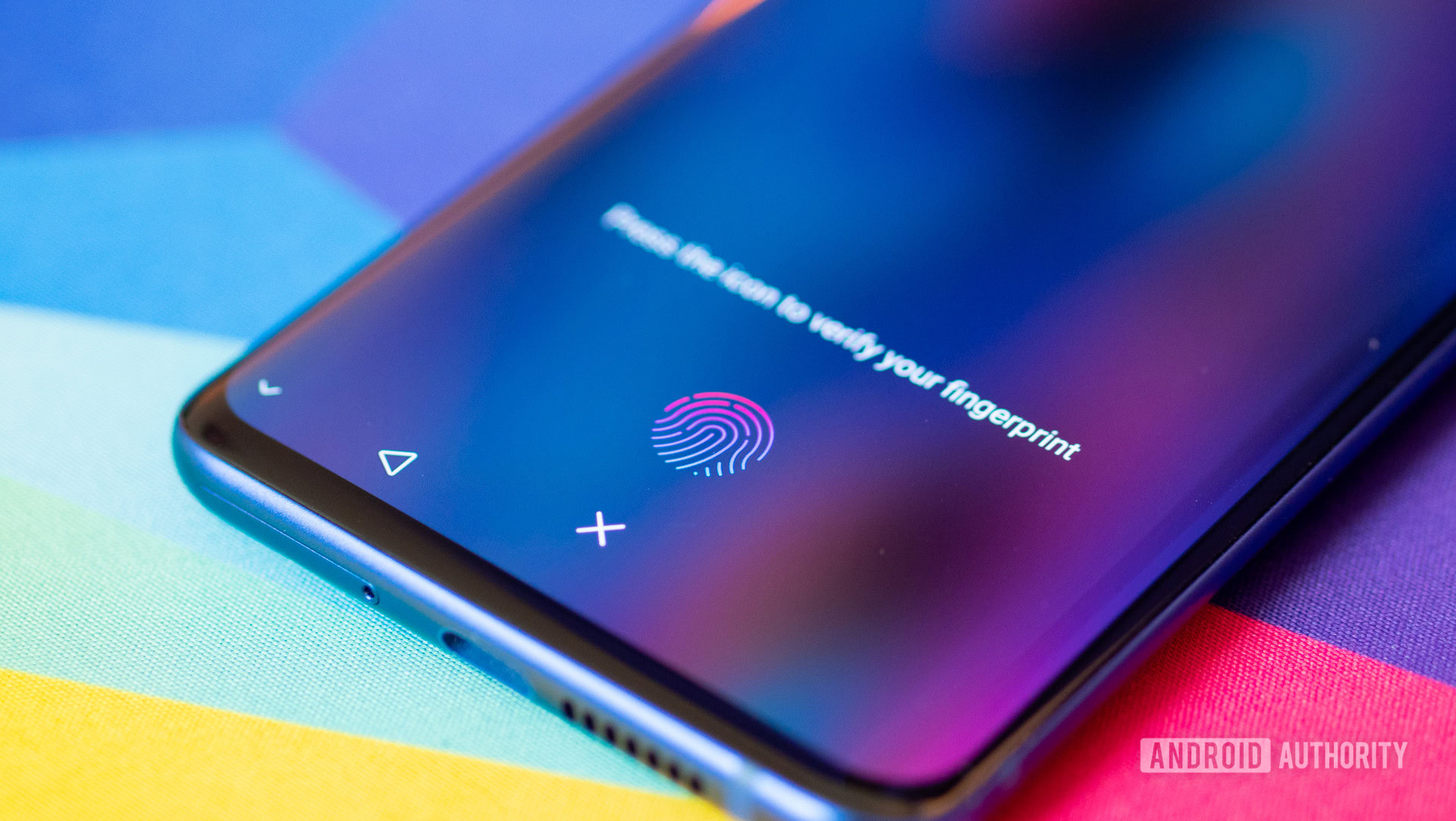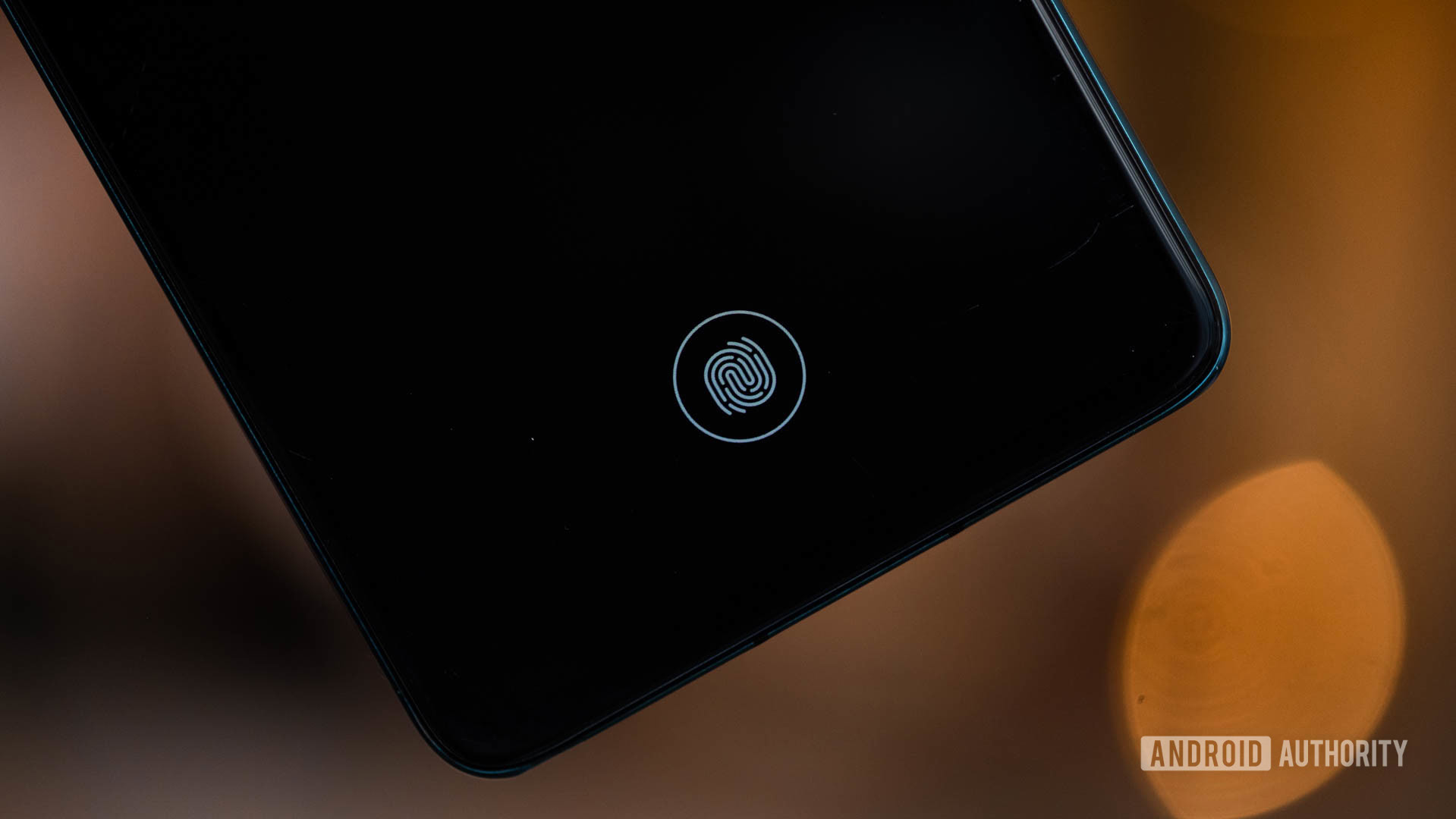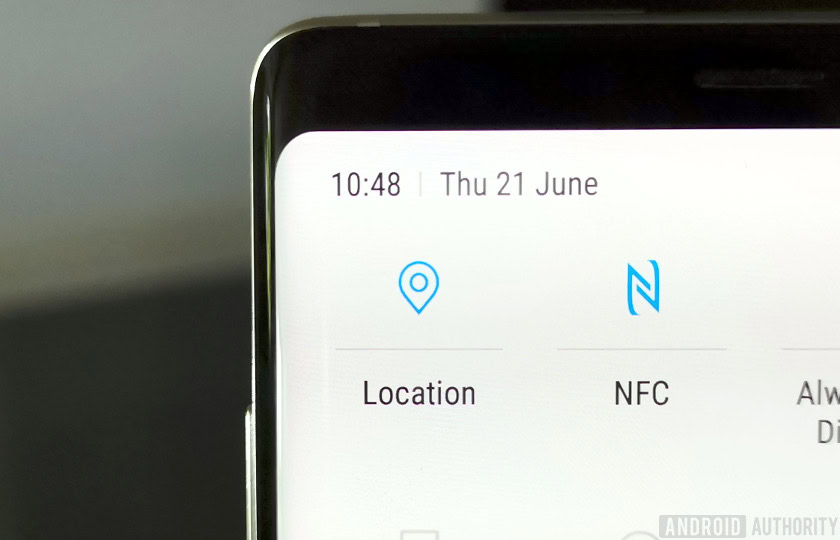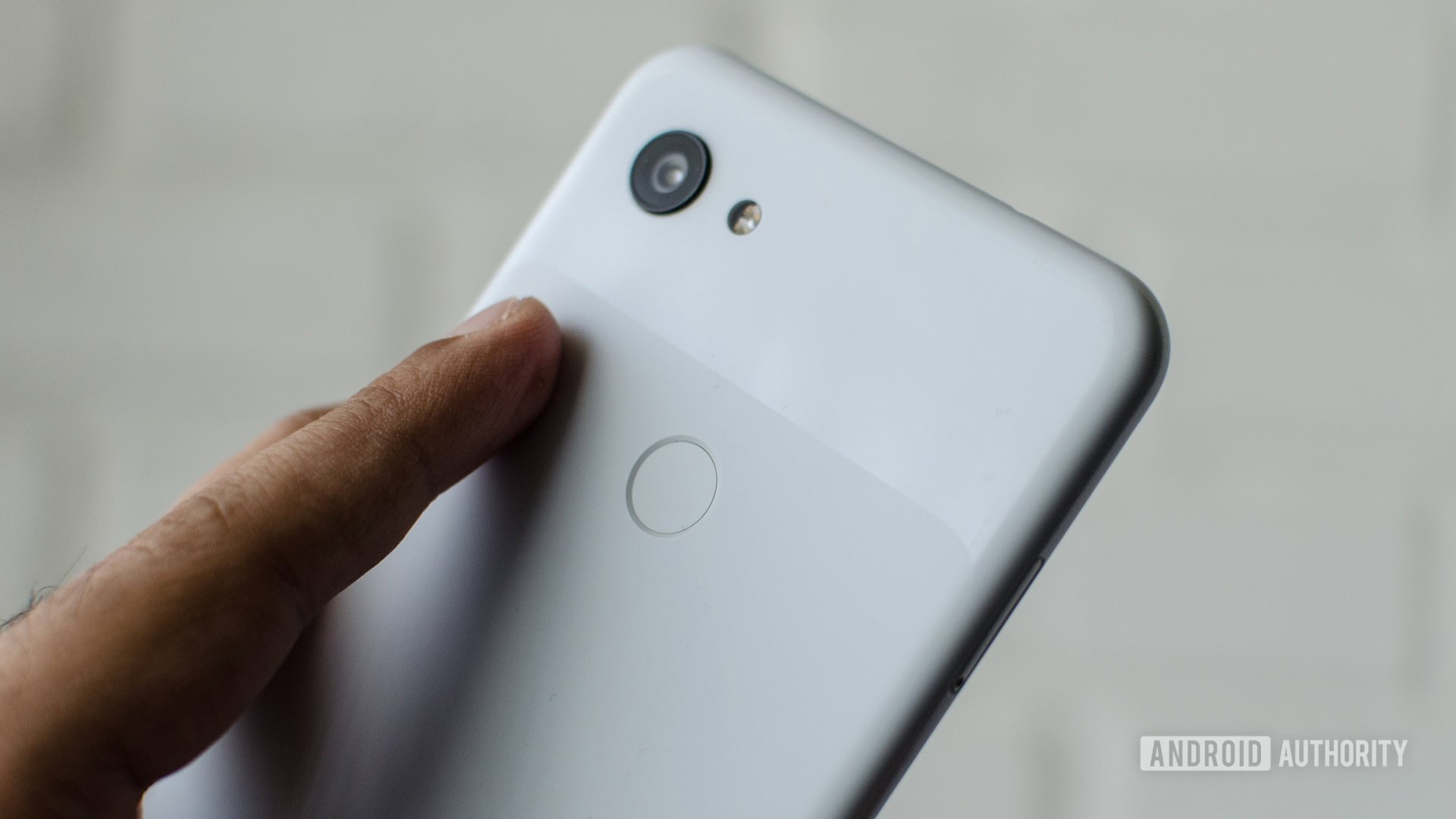Affiliate links on Android Authority may earn us a commission. Learn more.
Can police force you to unlock your phone?
June 14, 2019
You’ve been pulled over. Or police are at your front door with a warrant. Or you’ve been arrested, and the police have asked you to unlock your phone. What do you do? Can you refuse? What are your rights? What happens if you say no?
While some of these questions have simple answers, others are not as clear cut and, unfortunately, differ somewhat depending on where you live. Here are some basic principles that should guide you if you need to make a decision about your phone when facing the police.
What are my rights?
The founding fathers built some protection for us directly into the Constitution. The primary tenets are found in the Fourth Amendment, which protects against unreasonable search and seizure, and the Fifth Amendment, which protects against self incrimination.
How do these apply to your phone?
In general, police need a warrant to search your device. There are exceptions: If you consent to a search, if there’s probable cause, and if you’re arrested.

If you openly agree to let the police search your phone, then they don’t need a warrant. It’s important to note that you can limit what the police look at and you can revoke consent entirely.
However, there’s a catch. Anyone can consent to the search, such as your roommate or friend or significant other. If you don’t consent to a search, the Electronics Frontier Foundation (EFF) suggests you explicitly state so. You have the right to refuse consent. In other words, if the police ask to see your phone, you can say no.

Then there’s probable cause. If the police believes there is incriminating evidence on the device — and that the evidence might be destroyed — they can seize the device for searching purposes.
Last, if you’re arrested the police have the right search anything on your person. That includes what’s in your pockets, which likely means your phone. However, there is a limit here — police are allowed to look at the physical phone itself, but not unlock the contents or data stored on the phone.
What if they have a warrant?

A warrant is a document signed by a judge that gives the police the legal right to search your device (or anything else.) The EFF recommends you ask to see the warrant and inspect it. Warrants often have limits, so it’s a good idea to know what those limits are. Let’s presume the warrant includes your device. Here’s where the Fifth Amendment becomes your friend.

If the police ask you to unlock your phone, whether that be via PIN, password, pattern, print, iris, or face, you can decline. Moreover, police cannot force you to unlock your device, such as by grabbing your hand, or shoving the phone in your face. A case decided earlier this year added the biometric distinction to this list.
The judge presiding over this particular case ruled that forcing a person to use their biometric data to unlock a device violates their Fifth Amendment rights. The judge said that “all logins are equal,” meaning there is no difference what form the login takes. Providing your passcode or otherwise unlocking your phone for police amounts to self-incrimination.
Bottom line, you don’t have to unlock your device for police even if they have a warrant.
What happens if I refuse?

Let’s say worse has come to worst, the police have your phone, and you’ve told them you won’t unlock it. While you have this right, you’re likely to have a bad day.
If you’re not already under arrest, you may go to jail for contempt. In a case recently highlighted by NBC News, a Florida man refused to give up his passcodes and was jailed for 44 days on a contempt charge. Case law is varied on this issue, however, and it may be different depending on the state in which you live. There are currently ongoing appeals in Indiana and New Jersey that may reach higher courts and eventually set a nationwide precedent. NBC News says, for the moment, the outcome of refusing to give up your passcode can go either way. The EFF suggests that if a judge compels you to unlock your device, you call the organization right away for legal assistance.
None of this will stop the police from attempting to crack the code on their own. Once the police have a warrant to search your device, they are allowed to take it and use whatever means necessary to unlock it.

Two companies, Cellebrite and Grayshift, make devices that can break the encryption on mobile phones. About the size of a tablet, police plug your phone into the Gray Key and it does its thing, eventually allowing law enforcement to gain access to everything stored on the device. Not much is known about these devices, but it’s worth noting that not all police departments have them.
Moreover, police may obtain warrants for your phone company to get set data such as your location.
What to do
The EFF says people should always remain calm, state your rights, and not interfere during a valid police search. You can refuse to answer questions, refuse to help police during their search, and refuse to unlock your phone. You can always ask for an attorney. If police conduct an illegal search, anything discovered during that search could well be tossed by a judge.
Searches conducted at borders fall under a different set of rules. Read more about those here.
If you have more questions about your rights during encounters with the police, the ACLU has a simple guide here.